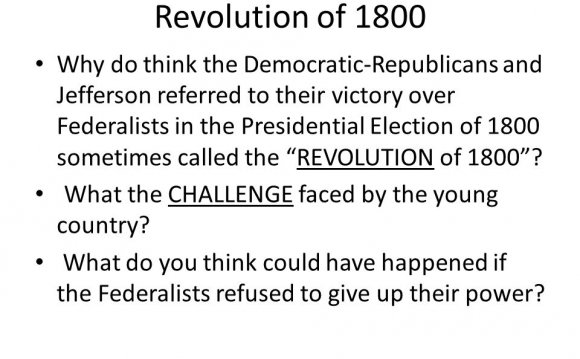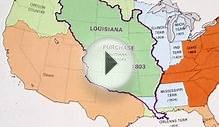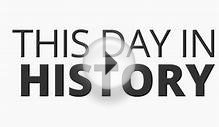
Napoleon Bonaparte of France was engaged in wars on numerous fronts in Europe and was running short of money to fund his military campaigns. When Napoleon assessed options for gaining funds, he recognized that the United States had developed top-rated credit in world markets. He found an opportunity to offer the United States substantial French territory in North America for significant money in return.
At the time, the United States was concerned about France’s control of the mouth of the Mississippi and the possibility of disrupting the flow of future commerce of the United States. Thomas Jefferson, through his diplomatic team in Paris, had earlier proposed acquiring New Orleans and small tracts of land on both sides of the banks of the Mississippi from France for six million dollars.
In April 1803, Napoleon's Treasury Minister made an offer to U.S. diplomat Robert R. Livingston to forward on to the U.S. President Thomas Jefferson. This offer included a much bigger tract of land than the United States had asked for, which France had recently acquired in 1800 from Spain. The price also increased from six million dollars to 15 million dollars for this bigger territorial acquisition offer.
Jefferson's dilemma
Although this was a very attractive offer, President Jefferson was initially hesitant because he thought it would be an unconstitutional action. He had argued for 13 years that he believed in the “Defined Powers” of the U.S. Constitution – he did not find any right for a President to purchase territory specifically listed in the Constitution. In the end, however, Thomas Jefferson considered controlling the port of New Orleans and removing French influence from the region too valuable, and he subsequently signed the offer.
Hamilton's significance
Napoleon would have made this offer to any sitting U.S. President. It was not significant that it was President Jefferson. If George Washington or John Adams were President, it most likely also would have been offered and accepted.
The important element was that Napoleon needed money, and the United States, under Hamilton and his financial programs, had developed the financial credit necessary to receive a loan large enough to afford the deal.
RELATED VIDEO











